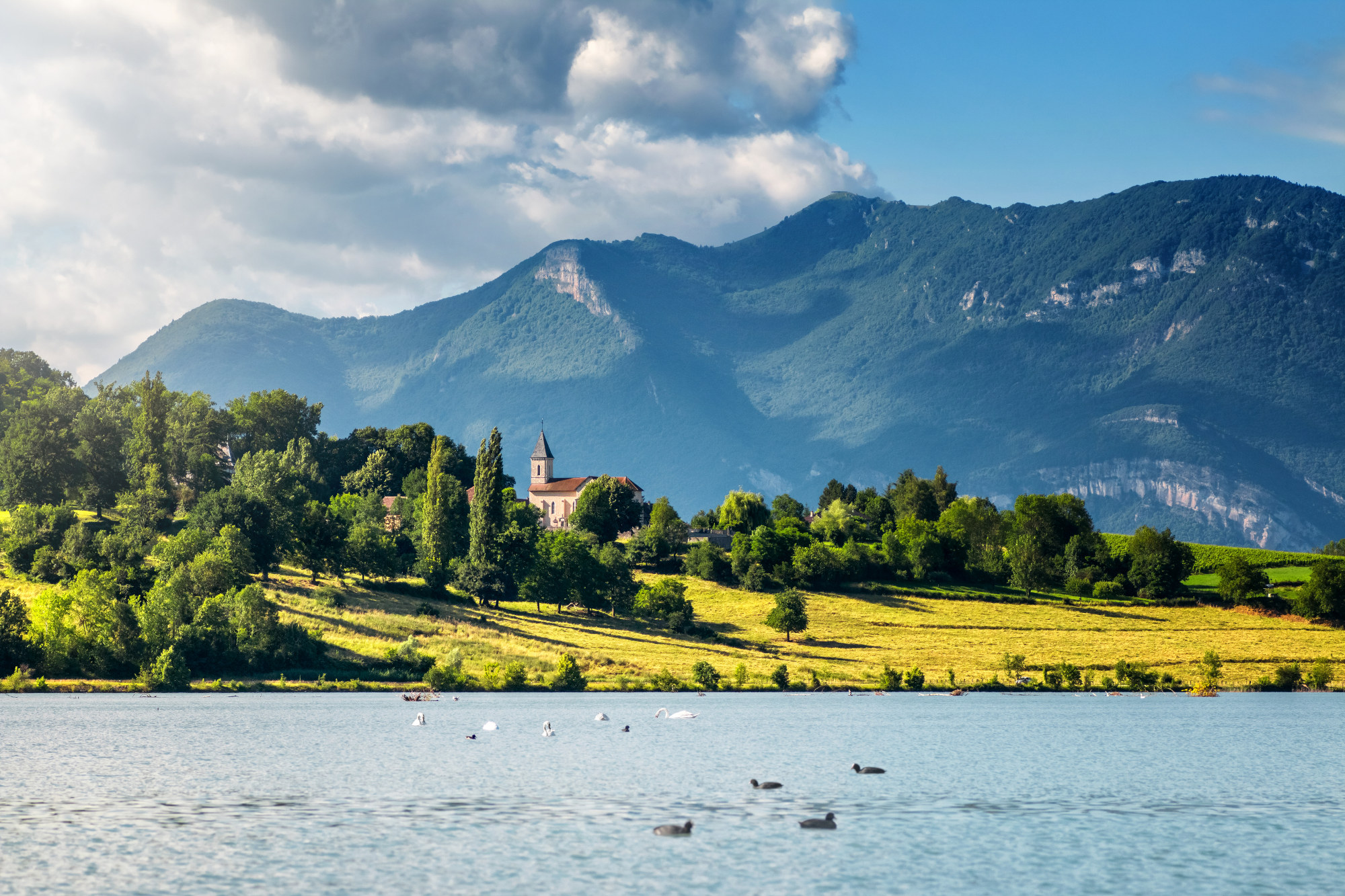Sometimes one can almost get away from today’s worries. I spent the other weekend at a big family get-together in a village overlooking a famous cathedral city – the great church was visible on the horizon. There were people from all walks of life, all ages, and from many parts of the country. People smiled at strangers. The sun shone. And yet a familiar gloom kept breaking through in conversation. Nothing was working. It was almost impossible to get a GP appointment, so A&E departments were overwhelmed and people even died on trolleys. Accommodation, especially for the young, was non-existent or too expensive, as rents and house prices rocketed. Infrastructure was worn out. Crime was out of control, with the police seeming unable or unwilling to get a grip. Underlying much of this was foreboding about the long-term effects of mass immigration. And to crown it all, there was a deep disillusion with politicians.
Perhaps Britain’s worst problems have been imposed on the country by an arrogant and incompetent official and political elite. France’s worst problems have been imposed on a relatively competent and patriotic official elite by (let’s be frank) a short-sighted and selfish electorate
Readers may find this depressingly familiar. The only difference is that the hillsides were covered not with grazing sheep but with vines, and the distant cathedral was Rheims. The Telegraph recently reported that a French university runs a popular course on Britain’s political failures – undeniably a rich vein. But, as many of its readers have commented, France is in no better state.
One could give a Gallic shrug and say that of course western Europe has the same fundamental problems: an aging population, economic stagnation aggravated by mishandling of the Covid pandemic, unprecedented flows of migration, an unsustainable welfare system, and a political class bereft of credible solutions.
Yet there are differences. I got a few moments of masochistic satisfaction in explaining the Chagos Islands affair, and having to repeat the story as blank incomprehension spread across French faces. ‘Mais pourquoi? Ce n’est pas raisonnable!’ It would be literally impossible for this ‘deal’ to happen in France. French politicians and the French official class are rarely crippled by ancestral guilt and a compulsion to be nice to foreigners – as the British have learned to their cost. They do not renounce their own history. They do not cover monuments and statues with apologies for slavery. They are trained to put French interests first, unquestioningly. They see France as unique, its influence positive and its voice worthy of being heard. So as we give away the Chagos Islands, the French, hosting the UN Ocean Conference, boast that their tenacious possession of Pacific islands gives them the world’s second largest maritime domain. As a young French official once said to me, ‘We admire Britain’s altruism. Of course, we would not emulate it.’
The higher echelons of French officialdom are better motivated and better trained than ours. Many have scientific qualifications. No French Chagos, and no French HS2 either. True, the French designs for Hinkley Point and Sizewell are late and over budget, but then it was British civil servants who went for an untried design and Britain’s planning system that hampers progress. The French developed their domestic nuclear industry while we were blithely abandoning ours.
And yet France has broadly the same problems as Britain, and many French people blame its mandarin class for being brainy but impractical and out of touch. President Macron, keen to follow the crowd when he can, abolished the meritocratic École Nationale d’Administration, cradle of France’s rulers. Or rather (and this is typically French) he tweaked it and changed its name. Et voila!
Nevertheless, France’s rulers have some positives to their credit, all of which can be ascribed to their hard-headed prioritisation of national interest. They kept out of the Iraq invasion. They made only a token contribution to the Afghan intervention. They are not pursuing a ruinous energy policy. And overall, they have not done a bad job in bending the EU to France’s interests over the last half century.
But perhaps parts of France are catching the British disease. The other seedbed of France’s elite, the Institut d’Études Politiques (the famous Sciences-Po) has reportedly fallen into the hands of the woke. I used to think that academic freedom was protected in France because French professors were civil servants and hence untouchable, and French universities were run by officials appointed by the Ministry. But now, several reputable academics working in controversial fields have been silenced or are under police protection, and one of them has actually been criticised by the head of his university, Lyon, for being ‘damaging to the university’. Is it the case, as so often, that France is following trans-Atlantic fashions ten years late? At least the French police seem to be guarding those who speak out, not harassing them for ‘non-crime hate incidents’. And, though it took some time, the school where a history and politics teacher, Samuel Paty, was beheaded in 2020 by an Islamist refugee has been renamed in his honour. I think it safe to say that we shall be waiting some time for an equivalent gesture at Batley Grammar School.
May I suggest a rough and ready hypothesis? Britain’s worst problems have been imposed on the country against the will of most of its people by an arrogant and incompetent official and political elite. France’s worst problems have been imposed on a relatively competent and patriotic official elite by (let’s be frank) a short-sighted and selfish electorate. Every Frenchman, the old joke runs, has his heart on the left and his wallet on the right. Although Emmanuel Macron is in many respects an ongoing disaster, he was right to want to mitigate France’s dangerously spiralling public debt by modestly raising the age of retirement. This has been agreed in Britain without controversy. In France it has caused political meltdown and a paralysed government. Though some of us might wish the Starmer government to be similarly paralysed, France’s political cul-de-sac is only delaying a crisis. Though France and Britain are in many ways very different countries, they have at least one feature in common: rising public anger and unprecedented disaffection from politics and politicians.









Comments